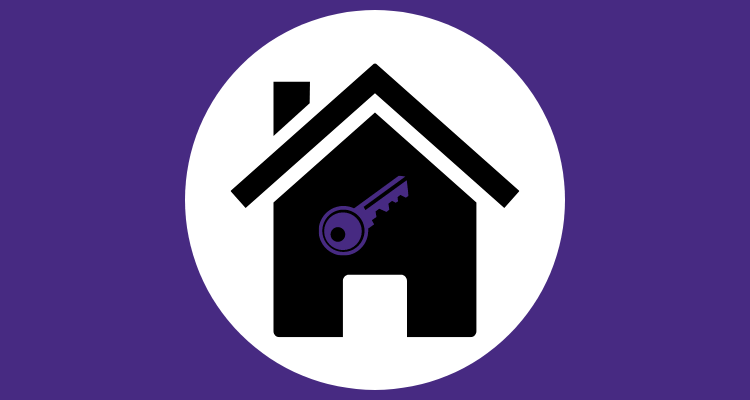Last updated on 21/03/25
I found my relocation process from England to Scotland two years ago fascinating from a professional point of view. As England and Scotland have different legal systems, many things work a bit (or a lot) differently, which is an exciting learning opportunity for a legal translator like me.
As someone who bought and sold a house in England, and who subsequently bought a flat in Scotland, today I share some peculiarities of the home buying process in Scotland based on my own experience.
Contents
Sellers provides a home report
In England and Wales, prospective buyers request and pay for a homebuyer report or survey, but in Scotland, it is the sellers who must provide prospective buyers with the so-called home report. When you are searching for properties to buy in Scotland, you can download the home report or request it from the estate agents.
Asking price
The asking price normally depends on the market value of the property as per the home report. It tends to be around 25k under the home report value, but the sellers may set an asking price well below that to gather interest. It is usually advertised as ‘Offers over’ and not as ‘Guide price’, like in England and Wales.
Buyers are expected to make an offer over the asking price
Irrespective of the asking price, buyers are expected to make an offer at least 8-10% over the home report value. The higher the demand for a property, the more prospective buyers are willing to pay for it. For example, currently in Edinburgh offering over 25-30% of the home report value is not unheard of.
This is quite different from England and Wales, where a guide price is considered the amount the seller would like to receive. They get on average 90-92% of the asking price.
Buyers note their interest before making an offer
In Scotland, prospective buyers submit a note of interest to their solicitor to make sure they have a chance to put in an offer on a property. Once the sellers have several notes of interest, they set a closing date for offers and every interested person will be notified. Then prospective buyers make an offer and cross their fingers.
The good thing about this system is that buyers will not be missing out on the closing date. The bad thing is that it is a blind offer process; if an offer is rejected, the prospective buyers will not know exactly why, will not know how much others offered, and will not be able to counteroffer. If their offer on a property is rejected, they will have to look for another property and start the process all over again.
The risk of gazumping is minimal
As no offers can be made after the closing date, if an offer is accepted (and provided that the sale does not fall through) the buyers can be sure that the house will be theirs. Most properties in Scotland are sold through solicitor estate agents (bound by the Law Society of Scotland’s guidelines, which intends to prevent gazumping). Once an offer has been accepted, the sellers’ solicitors are not allowed to accept another offer. If the sellers want to accept it, they will have to search for another solicitor, which would delay the whole process and would endanger their own onward purchase. There is a theoretical risk of gazumping, but in practice (and compared to England and Wales), it is almost unheard of.
Scottish contracts are not really exchanged
In both England and Wales, and Scotland, sellers and buyers can walk away from the transaction until a valid contract in writing is formed.
In England and Wales, each party normally signs its own original copy. The process is finalised in a completion call between their corresponding solicitors, who follow the Law Society protocols.
In Scotland, the process is a bit different. Normally, the sellers’ solicitor makes a formal offer and the buyers’ solicitor sends an acceptance/conclusion letter which is called ‘missives’. The buyers will not have signed anything yet at this stage, but there will be a legally binding contract in place.
Buyers do not pay deposits
In England, buyers normally pay a 10% deposit when exchanging contracts and the remaining amount at completion; in Scotland, however, buyers do not normally pay any deposit and pay the full amount on the ‘date of entry’, which is when the sale is completed (‘settled’).
Recommended read:
DISCLAIMER
The information included in this article is correct at the time of publication/last update. This article is for informational purposes only, does not constitute legal advice and should not be relied upon as such. Any reliance you place on such information is strictly at your own risk. ICR Translations will not be liable for any loss or damage arising from loss of data or profits as a result of, or in connection with, the use of this website.

Irene Corchado Resmella, a Spanish translator based in Edinburgh. English-Spanish sworn translator appointed by the Spanish Ministry of Foreign Affairs, Chartered Linguist and member of the CIOL. As a legal translator, I focus on Private Client law, specialising in Wills and Succession across three jurisdictions (England & Wales, Spain, and Scotland). Affiliate member of STEP. ICR Translations is registered with the ICO and has professional indemnity insurance.

